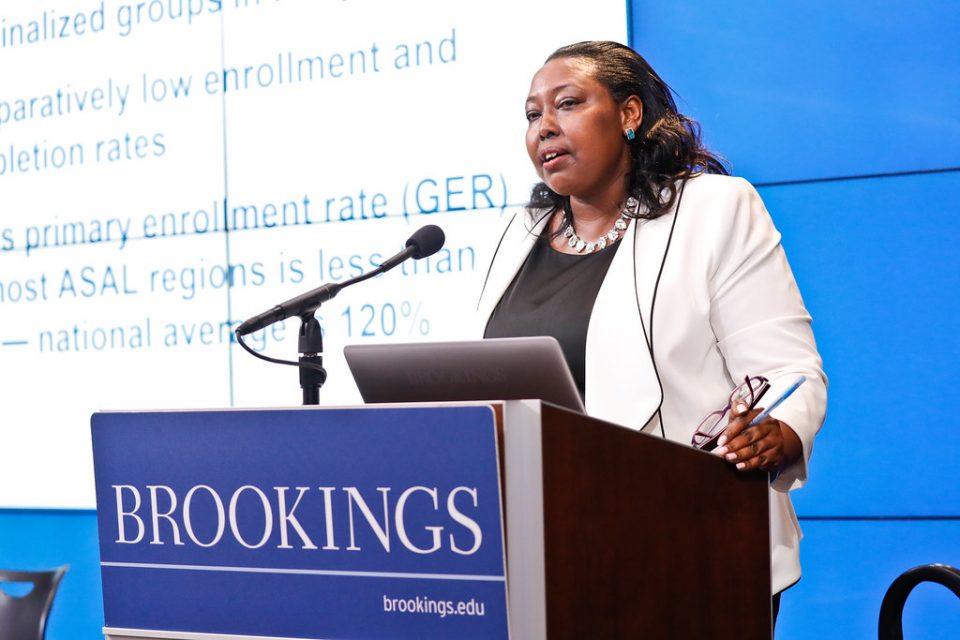Dr Damaris Parsitau says use of government machineries to force people to change their generational culture overnight, or the penchant for demonizing it, more often, breeds resistance
By Jonathan Teikan
The practice of female genital mutilation (FGM) remain rampant in the conservative Maa community, despite efforts put by the government and civil society to fight the vice.
Dr Damaris Parsitau, the director of the Institute of Women, Gender and Development Studies, at Egerton University, blames the phenomenon on; forcible government enforcement and insensitive approach by civil society.
In one of her articles published by the Washington, DC-based Brookings Institution, Dr Parsitau, argued that, despite a government ban in 2011, the practice is increasingly being conducted underground.
In the article she attributes the deviance on economic value of the practice — on the part of the medical professionals — who perform the cutting services, which she said, is often perpetuated under the guise of, “fulfilling the demands of communities and… help enhance women’s values and marriage-ability.”
In an exclusive interview, the don averred that, use of government machineries to force people to change their generational culture overnight, or the penchant for demonizing it, more often, breeds resistance.
“The fight against FGM cannot be fought by castigating the Maa girls as being primitive by virtue of their cultural practices… When a government or any other given entity is disrespectful of a peoples’ culture, it breeds resistance.”
She further poked holes on the approach of the civil society, in their attempt to root out the retrogressive rite: “There approach has been widely characterized by excessive cultural insensitivity, hence their failure to achieve their supposed goal.”
Owing to the insensitivity, Parsitau said, “the general impact of civil society in Maasailand has been bizarre.”
In illustrating her allegation, she reported an incidence where a Maasai woman activist was given to address a United Nations forum on FGM, “Without a care, she presented gory images to the world, how the Maasai culture has caused so much damage on the girls; I wanted to die,” she said.
She added: “I wondered, where someone gets all the guts to portray their people (a whole community) with so much indignity, that they end up looking like the most primitive people that ever existed in the world — only in return, to earn some little coins.”
Besides, the motive driving the campaigns, she said, in itself is questionable: “Civil society is not interested in eradicating FGM in Maasailand they are interested in going to the New York general-assembly, and crying to be given more money, being CNN hero of the year… ”
She added that, the major challenge in eradicating the practice is that, “It’s an outside thing; it’s not coming from communities.”
Why do parents insist on the rite? Damaris says, “Parents are having real tension in the society, they don’t want their children to get married by other tribes.”
However, to address the challenge, Parsitau offers that, the anti-FGM advocates should bring better values, and approach people with respect, and cultural sensitivity, and teach them through life examples, of the importance of allowing girls to go to school.
According to Dr Parsitau, by educating the girl child, “then they will be in a position to convince their parents why they should not go through the cut.”
